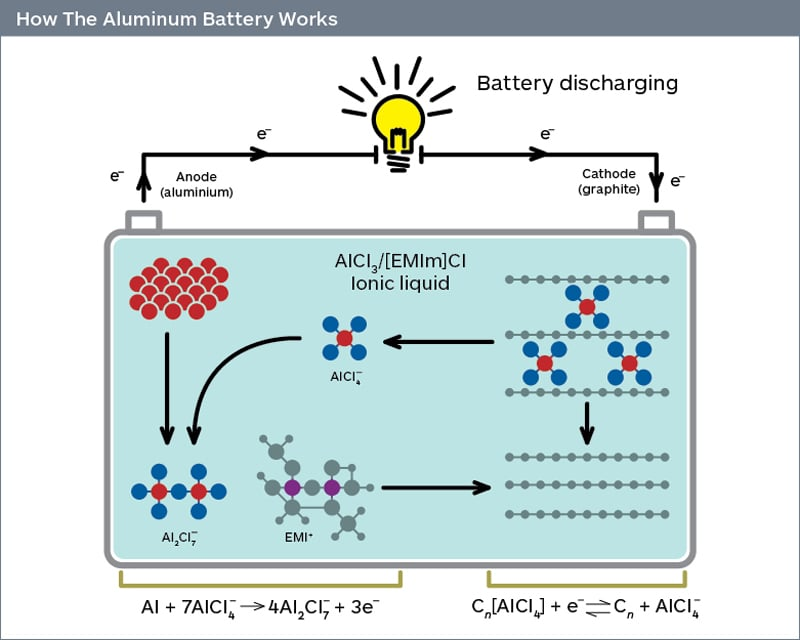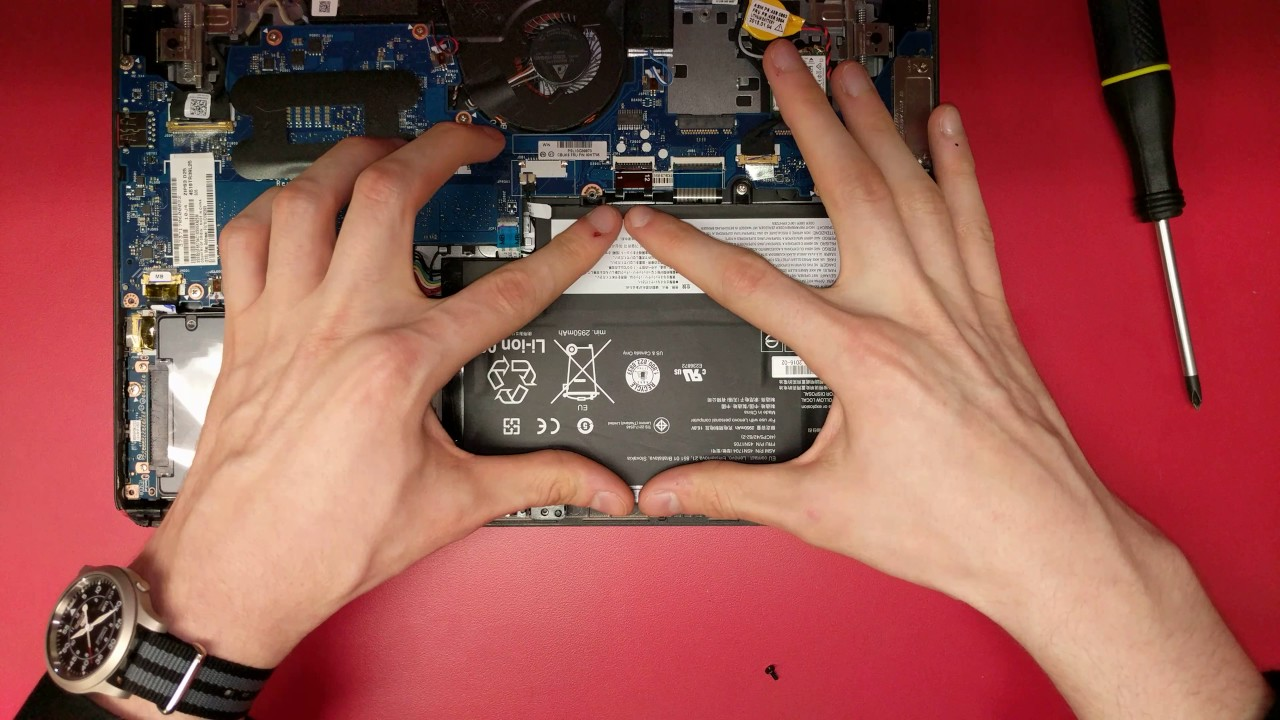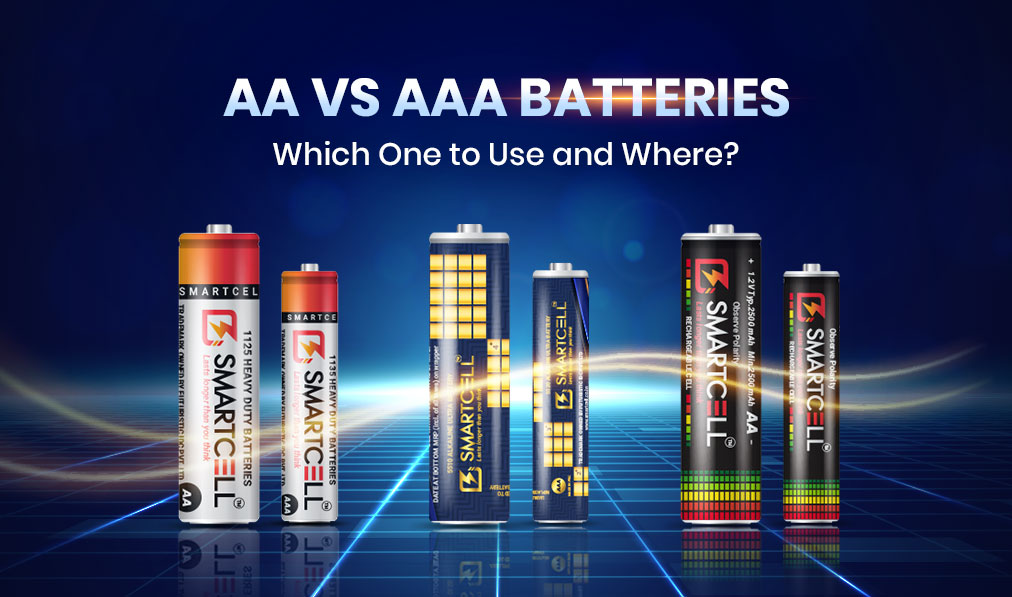Lithium batteries have revolutionized the technology landscape, proving indispensable in everything from smartphones to electric vehicles. With the rise of affordable lithium batteries, users enjoy the convenience of rechargeable power that extends the life of their devices while minimizing landfill waste. However, the ongoing debate of NiMH vs lithium raises questions about whether every gadget truly benefits from lithium’s advanced capabilities. As society grows increasingly aware of battery disposal issues, discussions around the Right to Repair highlight the need for sustainable practices in electronics manufacturing. It’s crucial to consider both the benefits and hidden costs of lithium batteries in order to make informed choices about energy consumption.
In the realm of energy storage solutions, lithium-ion technology stands out as a cutting-edge choice, often overshadowing its battery counterparts. Rechargeable power sources are gaining traction due to their efficiency and long-lasting performance, yet many consumers remain uncertain about which type best suits their needs. As manufacturers shift towards more innovative energy options, comparisons between different battery systems like NiMH and lithium-ion have become more prominent. Discussions around responsible battery disposal and the Right to Repair illustrate the growing demand for eco-friendly and repairable electronics. As we navigate this complex battery landscape, understanding our options becomes essential for making responsible choices.
The Rise of Affordable Lithium Batteries
The availability of affordable lithium batteries has revolutionized the consumer electronics market. Once limited to bulky setups that required frequent battery changes, modern devices can now operate efficiently on a single lithium charge. The convenience offered by these rechargeable batteries allows for longer usage times between charges, making gadgets like smartphones, laptops, and smart home devices more functional. However, the cost-effectiveness of relying on lithium batteries must be weighed against the environmental impacts, particularly in terms of battery disposal and the longevity of the devices they power.
As we embrace the convenience of affordable lithium batteries, it’s crucial to consider the broader implications of their widespread use. While they offer undeniable advantages over older NiMH systems, the assumption that lithium is the best choice for every gadget is being challenged. Some applications may still benefit from traditional battery types that are more easily replaceable, allowing consumers the freedom and access to repair their devices without needing specialized skills. Adopting a more diversified battery strategy may not only be economically wise but also environmentally responsible.
Lithium Batteries: A Double-Edged Sword
While lithium batteries have transformed technology by providing high energy density and efficiency, they also present unique challenges. The disparity between rechargeable lithium batteries and traditional NiMH batteries often leaves consumers in a difficult position. On one hand, lithium-ion batteries are praised for their lighter weight and superior performance, but on the other hand, environmental concerns regarding lithium mining and battery disposal cannot be overlooked. It’s essential to keep in mind that certain applications may still benefit from reliable NiMH solutions, which can be disposed of more easily and with less environmental impact.
Debates surrounding the Right to Repair highlight the complexities inherent in our reliance on lithium batteries. Many consumer electronics manufactured with non-removable lithium cells pose significant barriers to repair and refurbishment. As policymakers and advocates push for legislation that promotes repairability, the longevity of devices—and their batteries—comes under scrutiny. Consumers are increasingly encouraged to consider how the choice of battery affects not just their immediate usage, but the long-term sustainability of their devices.
Understanding NiMH vs Lithium Batteries
When comparing NiMH and lithium batteries, it becomes evident that each has distinct advantages suited to different applications. While lithium batteries dominate in high-performance devices due to their lightweight and powerful energy delivery, NiMH batteries remain a reliable option for everyday household devices. The ongoing debate between these two types centers around their respective efficiencies, longevity, and refill costs, giving consumers ample reason to evaluate their energy needs before choosing one over the other.
The resurgence of rechargeable NiMH batteries as a viable alternative is overlooked in many discussions that praise lithium exclusively. For devices that don’t require intense energy loads, the improved capacity of modern NiMH batteries offers a significant advantage, providing a greener and more cost-effective solution. Moreover, with increasing public awareness about battery disposal, the environmentally friendly path often leads back to these traditional batteries that can be reused and repurposed, aligning well with sustainable practices.
The Importance of Battery Disposal
Proper battery disposal is a critical part of responsible electronics use, particularly as lithium batteries become more commonplace. Many consumers are still unaware of the appropriate methods required to dispose of batteries, leading to hazardous waste being thrown in landfills. This creates a growing concern over environmental degradation, urging both users and creators to prioritize sustainable practices and policies regarding battery disposal. As legal frameworks evolve and place stricter regulations on disposal processes, it becomes increasingly important for consumers to be educated and proactive.
Recycling programs are pivotal in addressing the challenges presented by battery waste. These initiatives not only reduce landfill contributions but also emphasize the value of recovered materials for future battery manufacturing. Education on battery recycling and the environmental costs associated with improper disposal can empower consumers to take action. More awareness can result in decreased harmful shop-worn materials and promote the advancement of technologies that support efficient battery disposal solutions.
Navigating the Right to Repair Movement
The Right to Repair movement is gaining traction, highlighting consumer rights to repair and modify their devices without unnecessary barriers, particularly in the context of lithium batteries. As more electronics come equipped with integrated lithium cells, the need for repairability becomes even more pressing. Advocates argue that manufacturers should provide clearer guidelines and easy access to replacement components that allow consumers to extend the lifespan of their electronics—responding not just to consumer demand, but also to environmental concerns.
Legislative efforts aimed at improving the Right to Repair emphasize the importance of creating a market where consumers can confidently repair their devices. As individuals become more conscious about their purchasing choices, the future will likely see increased pressure on manufacturers to create electronics that are not only equipped with more sustainable batteries but also designed for ease of repair. By addressing these issues now, we can pave the way for a more sustainable future that respects both consumer rights and environmental health.
Advancements in Lithium Battery Technology
Advancements in lithium battery technology have continued to push the limits of what we thought was possible. Innovations have led to the development of faster charging solutions and longer-lasting batteries, making them a lucrative option for tech-savvy consumers and manufacturers alike. As technology progresses, the exploration of alternative lithium chemistries could yield batteries that are both powerful and less damaging to the environment. Moreover, these enhancements could potentially balance the ecological footprint of lithium battery production.
Research has also turned its focus towards enhancing the sustainability of lithium usage through recycling and repurposing methods. The creation of efficient recycling techniques for lithium batteries aims to recover valuable materials that can be reused in new battery production. This dual focus on performance and sustainability underscores a critical direction for the industry, promising not just better batteries, but also more responsible use of resources as we navigate the challenges of the modern energy landscape.
Consumer Awareness and Responsibility
With the proliferation of lithium-based devices, consumer responsibility has become more important than ever. Awareness about the types of batteries used in electronics, their advantages, and environmental impacts affects purchasing decisions. Consumers are encouraged to think critically about battery choices, understanding that the choice not only influences performance but also has ecological ramifications. Informed decisions about whether to opt for rechargeable lithium options, NiMH, or even emerging technologies can lead to better, more sustainable consumer practices.
By prioritizing environmentally sound decisions, consumers can advocate for more sustainable practices within the electronics industry. This creates a ripple effect that could inspire manufacturers to focus on developing longer-lasting batteries and more repair-friendly devices. As demand increases for consumer rights and environmental stewardship, the need for companies to innovate responsibly becomes clear. Conscientious consumers drive the change, motivating the industry to align product offerings with ethical considerations.
Looking Ahead: Future of Battery Technology
The future of battery technology is set to be shaped by several factors, including advancements in materials science and a growing emphasis on sustainability. Innovations in lithium battery chemistry could lead to batteries that are lighter, more efficient, and easier to recycle. In addition, researchers are exploring alternative materials that could replace or enhance existing lithium technologies, offering a promising future that focuses on both performance and ecological responsibility.
As we look ahead, the coming era of batteries will likely see a shift towards a circular economy model, emphasizing longevity and the ease of recycling. Consumer expectations will continue to evolve, demanding not only high-performing batteries but also assurances of environmentally sound production and disposal practices. With legislators pushing for reforms that champion sustainability and repairability, the intersection of technology and ecology will define the next generation of battery solutions.
Frequently Asked Questions
What are the benefits of using affordable lithium batteries in modern electronics?
Affordable lithium batteries are lightweight, have a high energy density, and offer quick recharge times, making them ideal for powering a wide range of modern electronics. Their popularity has surged due to the need for efficient power solutions, especially in devices like smartphones and laptops.
How do rechargeable batteries compare to lithium batteries?
Rechargeable batteries, especially lithium-ion variants, provide significant advantages over traditional alkaline batteries, including cost savings over time and reduced environmental impact. However, the effectiveness highly depends on the application, as certain devices may still perform better with non-rechargeable alkaline options.
What is the difference between NiMH vs lithium batteries?
The key difference between NiMH and lithium batteries lies in their chemistry and performance. Lithium batteries generally offer higher energy density and longer life cycles compared to NiMH batteries, making them better suited for high-drain devices. However, NiMH batteries are often less expensive and more widely available, especially in standard sizes suitable for consumer electronics.
How should lithium batteries be disposed of properly?
Lithium batteries should be disposed of at designated battery recycling centers or collection points. They can be hazardous if thrown in regular trash due to the risk of fire or environmental contamination. Always check local regulations for battery disposal to ensure compliance and environmental safety.
What is the Right to Repair and how does it relate to lithium batteries?
The Right to Repair refers to the movement advocating for consumers’ ability to repair their devices rather than replacing them. This is relevant to lithium batteries as many devices use non-removable lithium batteries, making repairs difficult and often leading to disposability. Advocates argue for regulations that ensure access to parts and information needed for repairs.
Why are lithium batteries favored over traditional batteries in certain applications?
Lithium batteries are favored due to their high energy density and lightweight nature, which provides longer usage times without frequent replacements. They are particularly advantageous in portable devices where space and weight are critical factors, contrasted against bulkier traditional batteries.
Can I use rechargeable NiMH batteries instead of lithium batteries in my device?
In many cases, rechargeable NiMH batteries can be used as an alternative to lithium batteries, especially in devices designed for lower currents. However, check the device specifications to ensure compatibility, as devices designed for lithium batteries may not perform optimally with NiMH.
| Key Point | Details |
|---|---|
| Proliferation of Lithium Batteries | Lithium batteries have made modern life convenient, replacing outdated AA batteries. |
| Concerns Over Lithium Usage | Ian Bogost questions the necessity of lithium in every device, suggesting a more cautious approach. |
| Applications of Lithium Batteries | Lithium technologies are essential for applications like electric vehicles, improving range and recharge times. |
| Effect on Household Electronics | Treating electronics as disposable leads to problems, especially with devices using non-replaceable lithium batteries. |
| Rebuttal on Rechargeables | Rechargeable NiMH batteries are overlooked but can offer better alternatives to traditional options. |
| Availability of Battery Types | Lithium pouch and cylindrical cells like 18650 are popular among makers for their standardization and accessibility. |
| EU Regulations Potential Impact | New EU regulations may lead to improvements in battery replaceability and recycling. |
| Importance of Battery Management | Proper management of lithium-ion cells is crucial due to their high power density. |
Summary
Lithium batteries have revolutionized modern technology, enabling a level of convenience that was unimaginable just a few decades ago. However, concerns raised about their widespread use in all devices need to be addressed. While lithium-based technologies are crucial for certain applications, such as electric vehicles, there are significant drawbacks in household electronics that make non-replaceable batteries problematic. The movement towards better battery options and the potential impacts of upcoming regulations could lead to a future where consumers have more choice and responsibility regarding battery use, ultimately fostering a more sustainable approach to our energy needs.


